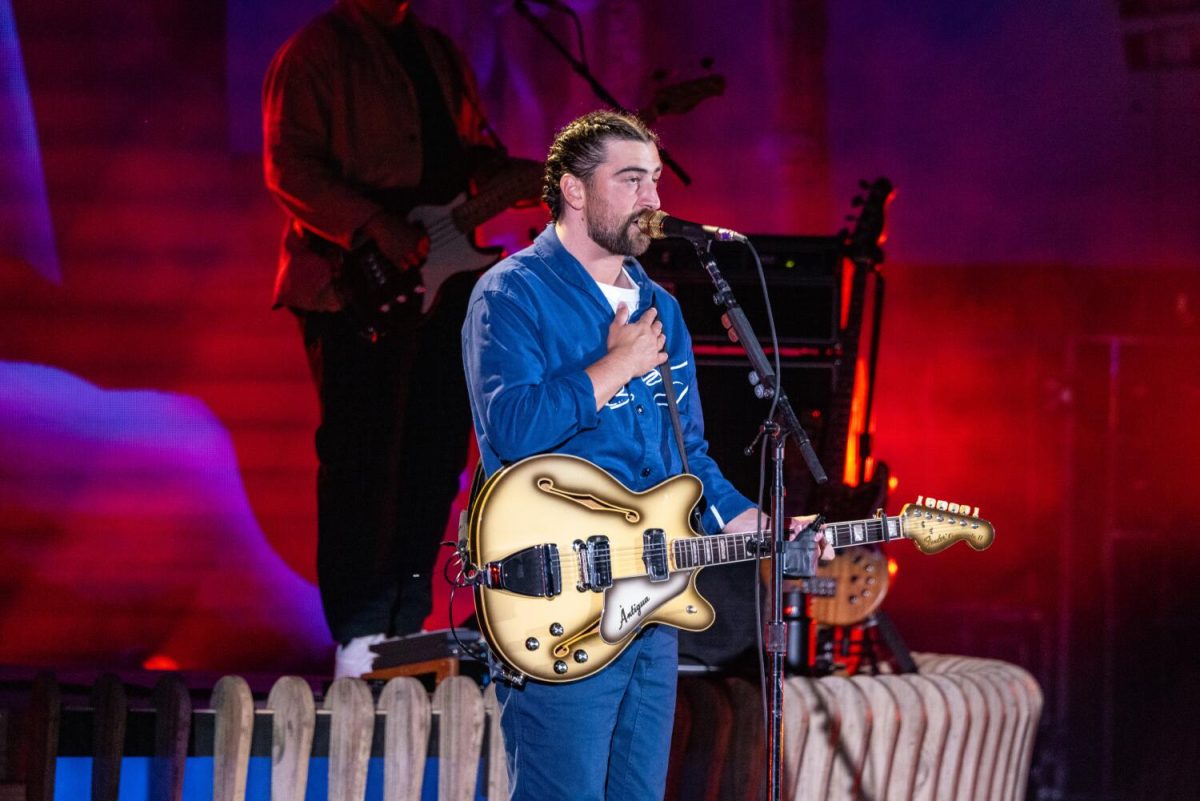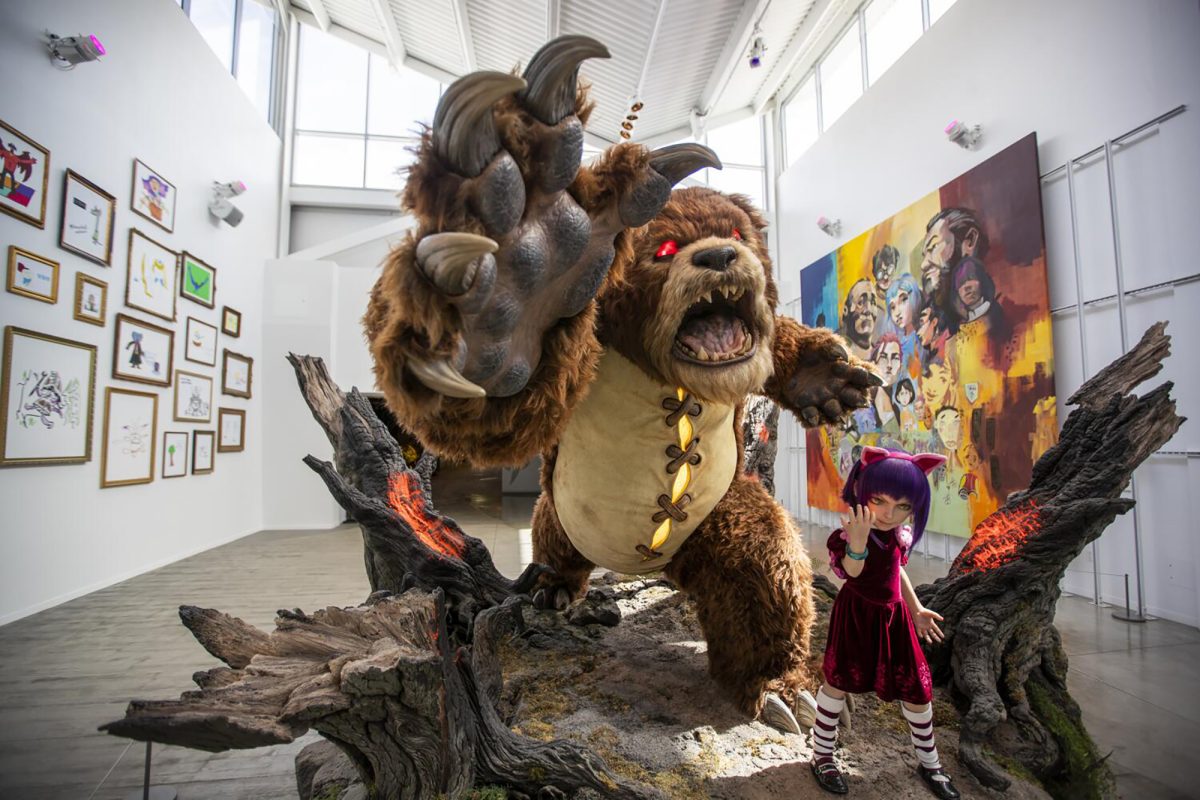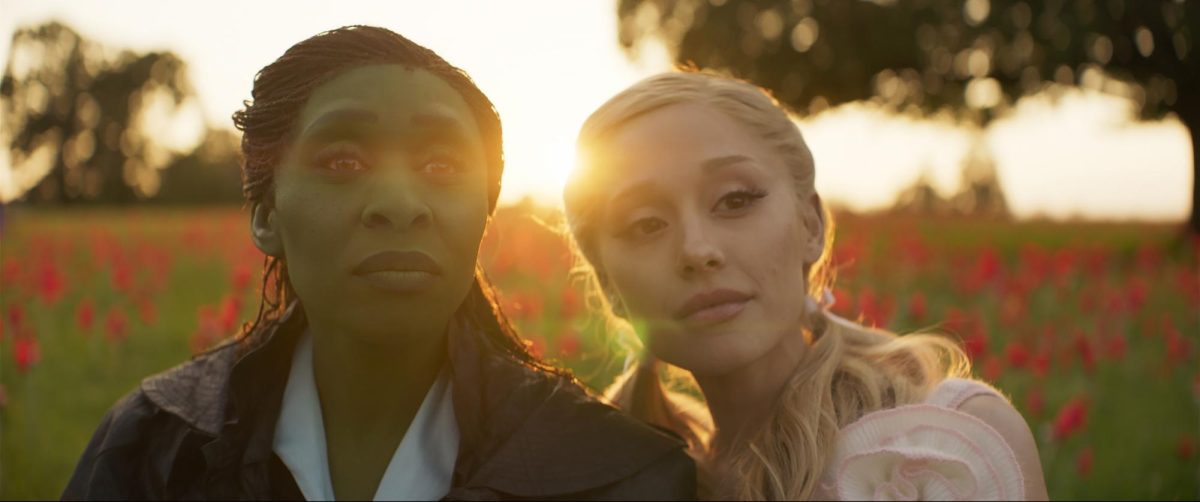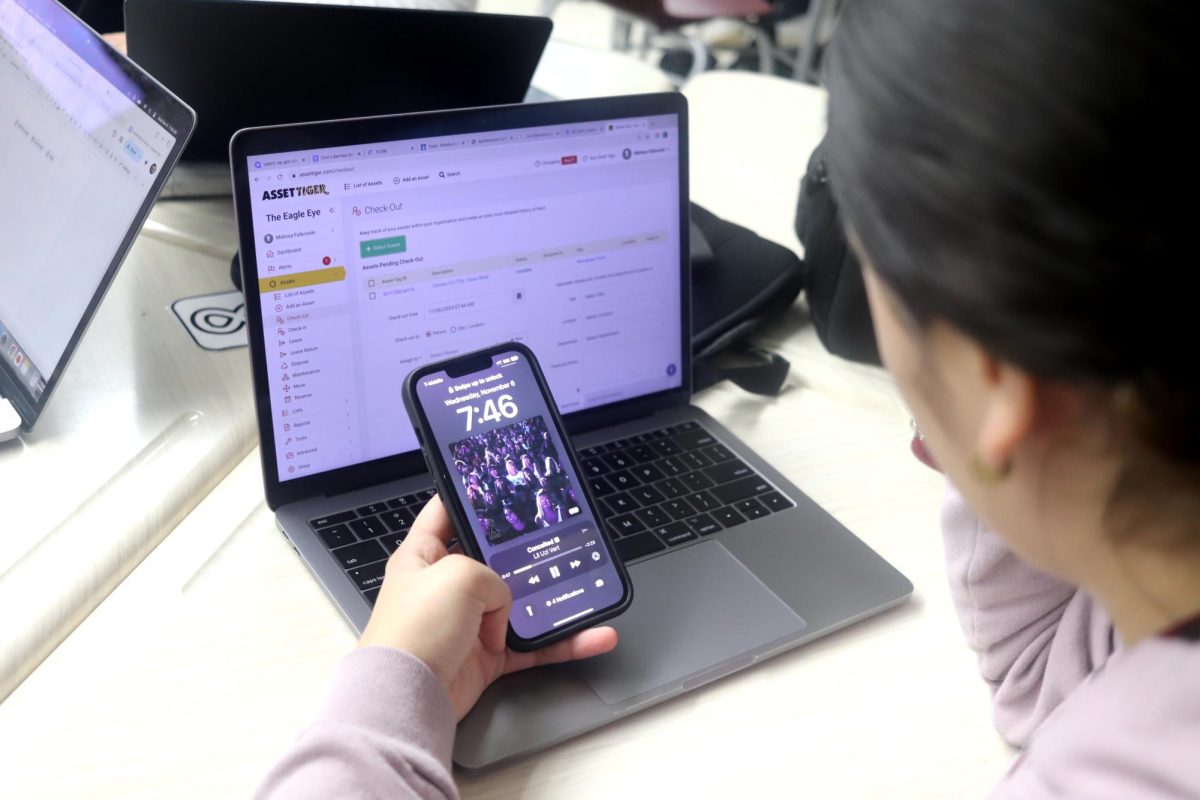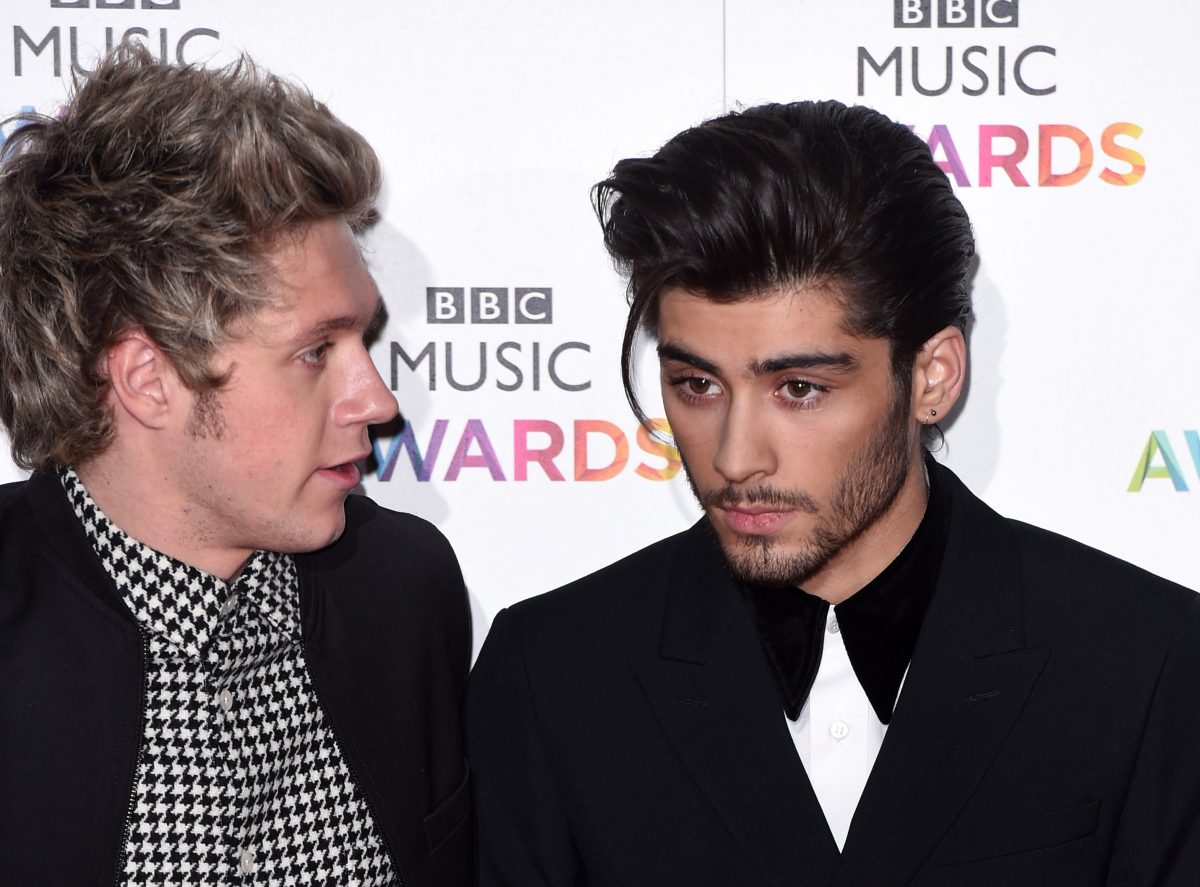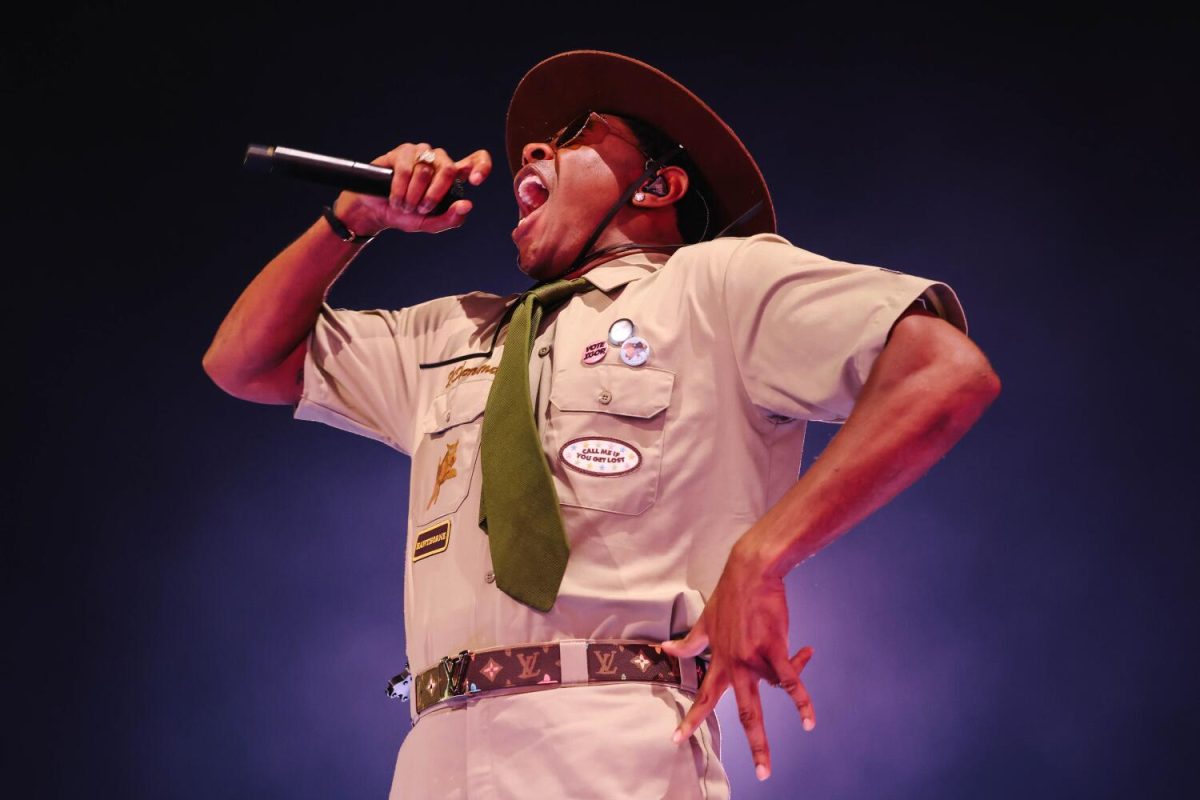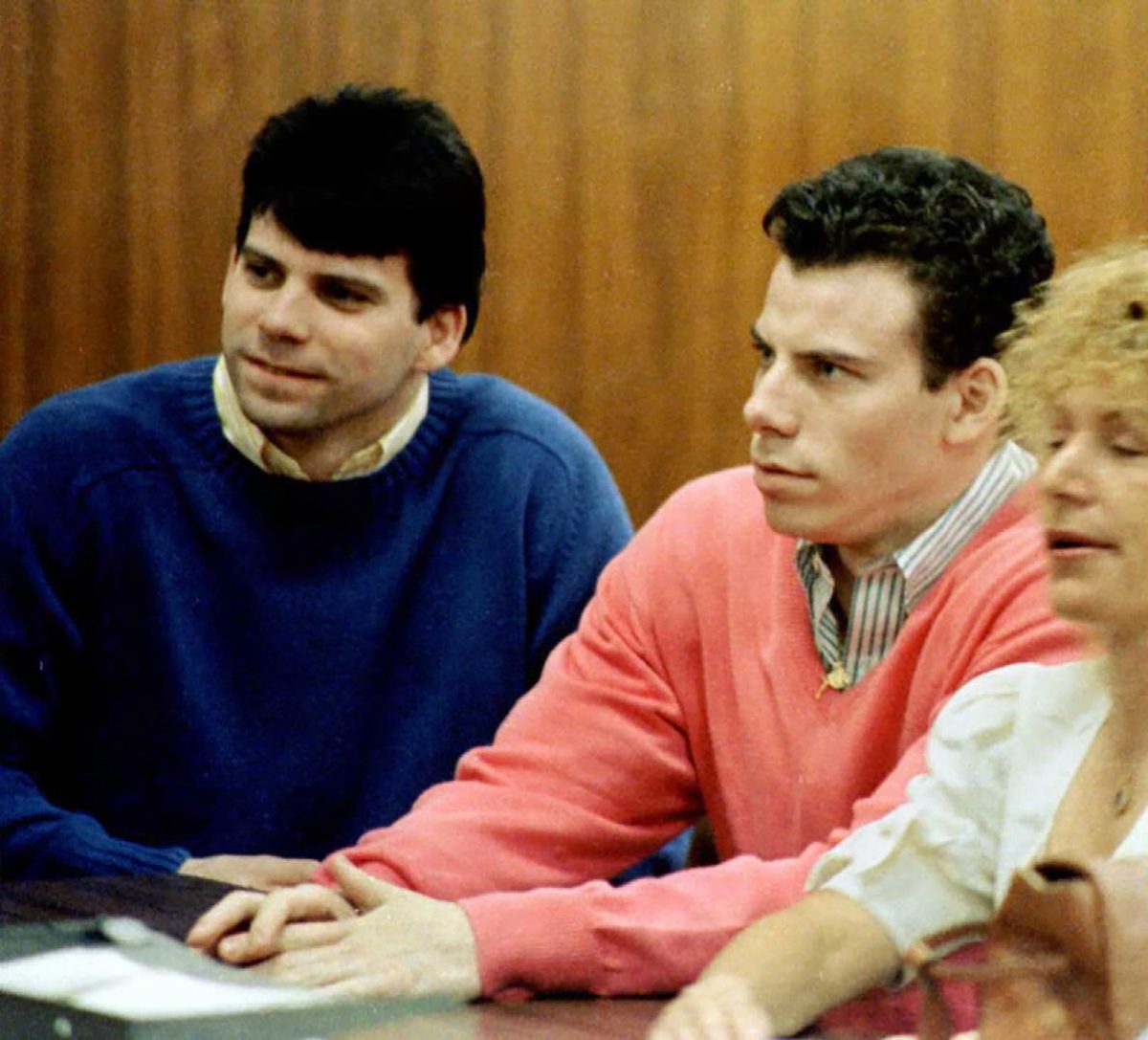Podcasts were virtually nonexistent in the U.S. up until the early 2000s. All throughout the 1900s, Americans were reliant on the radio for news, entertainment and music. With the turn of the 21st century, a new and revolutionary form of media arose in the form of podcasts. From 2006 to 2023, the Pew Research Center found that there was a 53% growth in podcast listeners, accounting for a monumental 200 million Americans. Tuning in on a daily and weekly basis to hear podcast creators talk endlessly about topics ranging from sports news to pop culture moments, listeners have access to a diverse array of opinions.
Podcasts are pre-recorded audio episodes that allow people to access them from the Internet or download them to their devices to listen anywhere and anytime. They differ from radio shows, a similar form of media, as they do not require the audience to tune in at a specific time for them to be able to enjoy the entertainment.
Their gradual rise has been a result of many factors, including the 2020 pandemic, when radio shows popularity began to decline. According to the Pew Research Center, between 2019 to 2020, terrestrial radio listenership dropped 6%, the biggest drop in the period between 2009 to 2022. While both forms of media contain similar elements, podcasts have become more widely available and their prominence have helped it prevail where radio has faltered.
For some, the appeal of podcasts comes from not only the entertainment they receive, but also from learning new facts and ideas while feeling engaged in the recorded conversation.
“It opens me up to more knowledge and to become aware of others’ opinions on things. I like hearing other people’s points of view and perspectives,” freshman Mohrosh Seyedd said.
Podcast accessibility rose from the internet and popular audio streaming services, like Spotify. These sources provide a large catalog of shows in one place. Spotify, with over 5 million podcasts, allows anyone to listen to or host their own, including students at Marjory Stoneman Douglas High School. Podcasting equipment is relatively inexpensive, and some record episodes on their cell phone.
“I wanted to start a podcast because I couldn’t find anyone who I could relate to. I wanted to hear about medicine from a teenager, but the only things I could find were from medical students and doctors,” senior Madeline Zelinka said, who co-hosts a podcast called the Pre-Med Pod.
There, she interviews doctors and medical students not only for her to learn about different medical fields herself but for listeners as well.
“My friend and I knew we wanted to do it together and medicine was something we were both passionate about,” Zelinka said.
Podcasts give people the opportunity to experience stories, whether through storytelling or news reporting, that have been previously inaccessible to them. This new form of media can often inspire others to explore new topics and fields they may have never thought about before.
“I listen to true crime podcasts. I love learning about new crimes, and it makes me want to go into that field,” sophomore Illyana White said.
Hosts of podcasts can express themselves while developing an audience who enjoy the same subjects they discuss. This newfound group may be able to offer new opportunities to the hosts that they may not have been able to have without the podcast.
“My best memory [with the podcast] is talking to my idol, Dr. Jeffrey Raskin, a neurosurgeon from Northwestern,” Zelinka said. “He researches exactly what I want to research and his path to neurosurgery was very similar to what I have in mind.”
Some hosts, after making a series of episodes for so long, may make their podcasts into their profession. This allows them to have a source of income through posting their recordings online. They are able to expand, creating a brand across multiple social media platforms while still being able to do something they enjoy.
Podcasts’ strong relation to the internet provides a way for hosts to connect with their audience on other platforms and expand their brand to being more than just the recorded episodes. Many have moved from strictly audio podcasts to recording themselves on video and posting it to sites such as YouTube. TikTok is also used to push podcasts out to more people through the algorithm picking up short clips that podcast owners decide to post.
However, there can be issues with the accuracy of the information provided if hosts are not careful. The Pew Research Center found that 87% of listeners believe the information on podcasts is mostly accurate.
A February 2023 study by the Brookings Institution found that nearly 70% of podcasters in their study on the most popular political talk show podcasts made unsubstantiated or false claims. For example, 20% of podcaster Steve Bannon’s “War Room” episodes contain false, misleading or unsubstantiated statements.
Podcast hosts are not obligated to fact check their information in the same way as professional news sources, which increases the possibility of spreading misinformation to their audiences. Because of this, it falls on the host to fact check what they are saying, and the audience to call them out if something is incorrect.
The many successful and popular podcasts that now exist have inspired others to create their own. Zelinka cautions about the work it takes to create one, but feels it is worth it in the end.
“It takes a lot of planning, time, money and dedication. It isn’t easy, but if you have the drive and are willing to commit to it, you can definitely do it,” Zelinka said.
This story was originally published in the March 2023 Eagle Eye print edition.

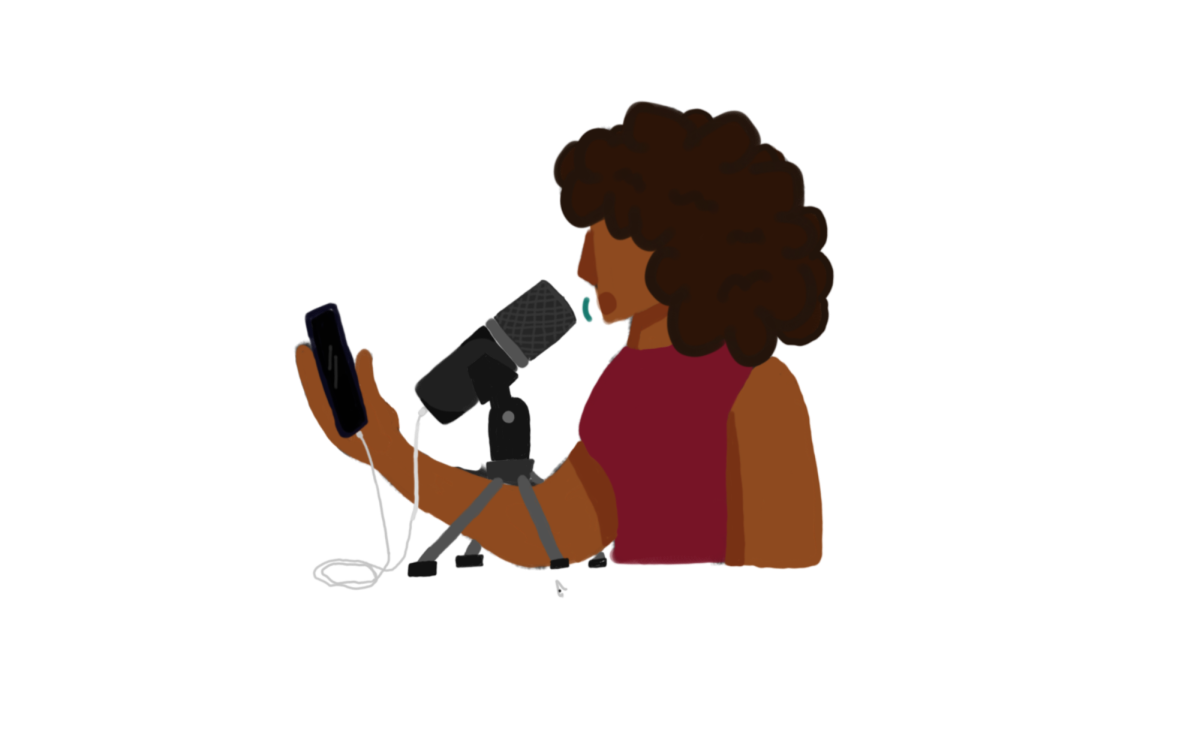

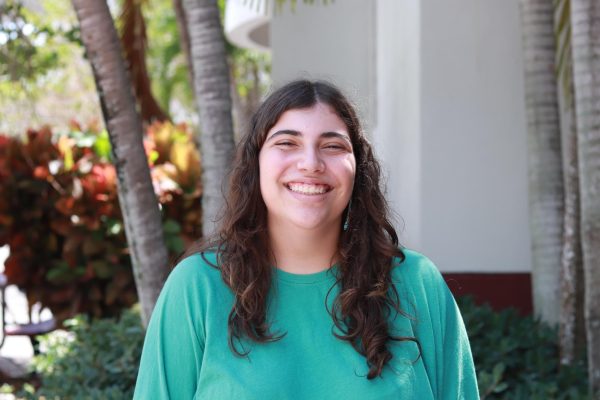
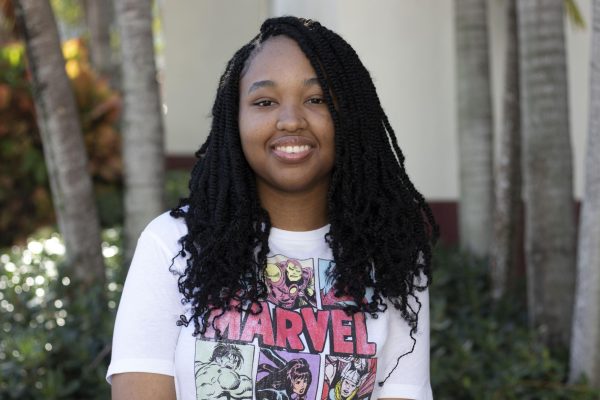

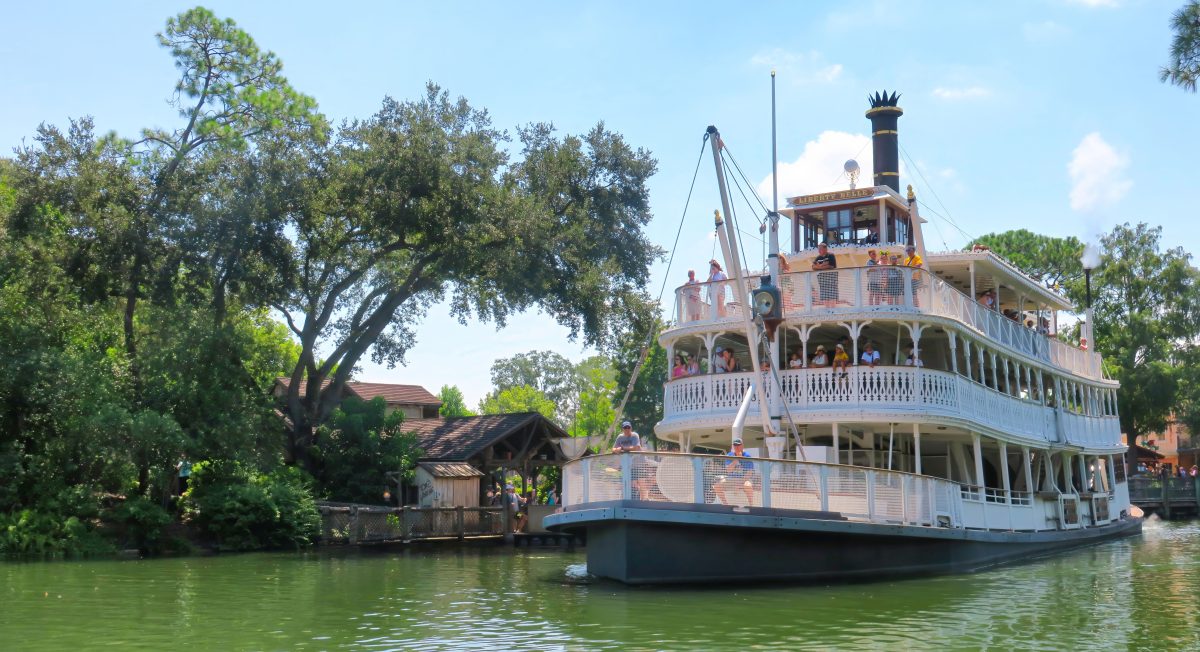

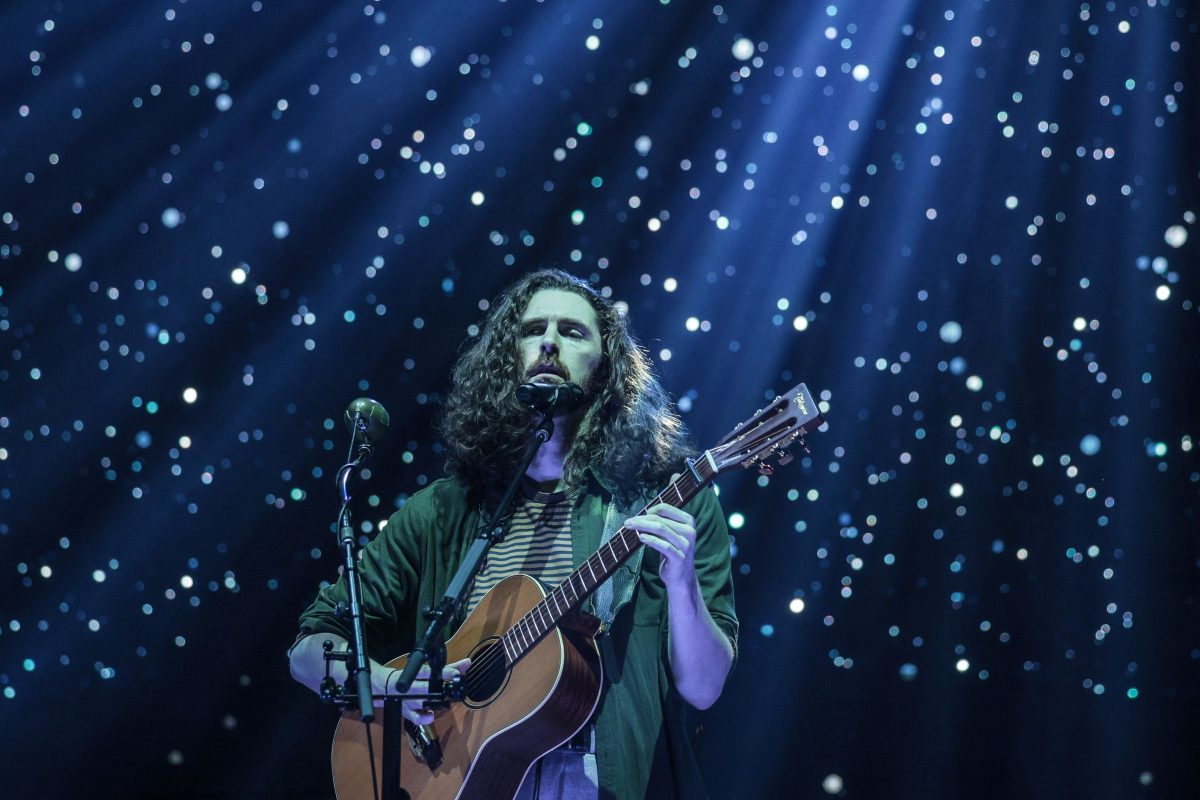
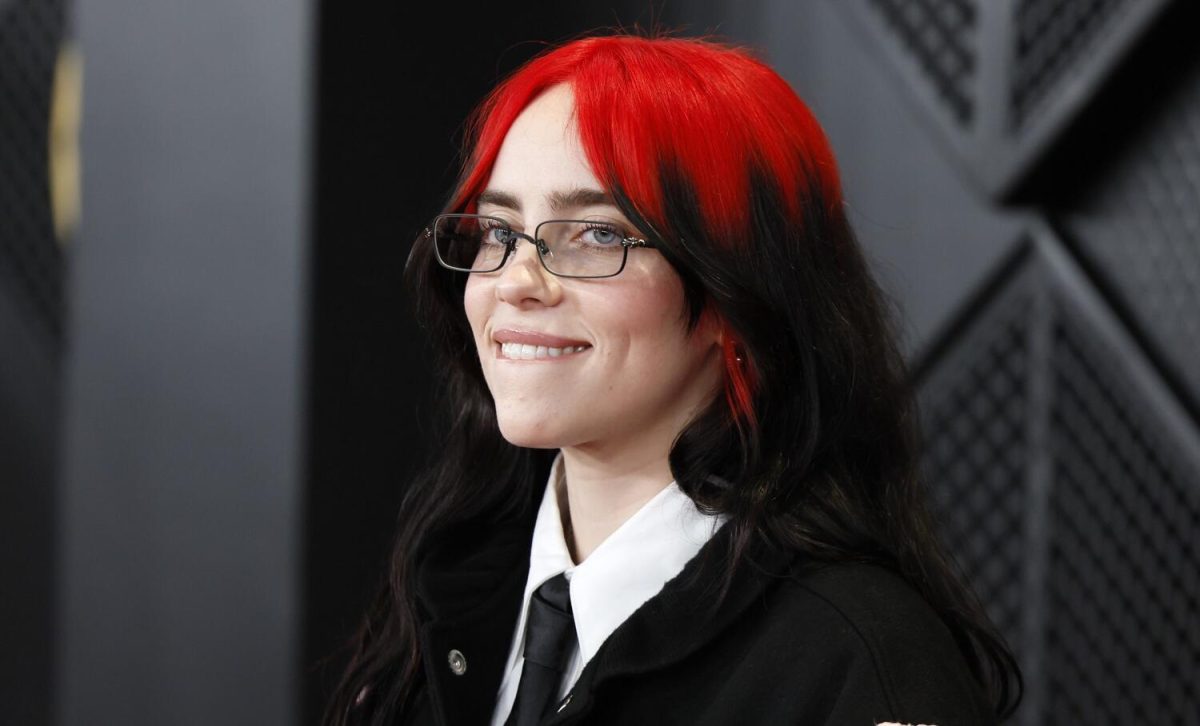
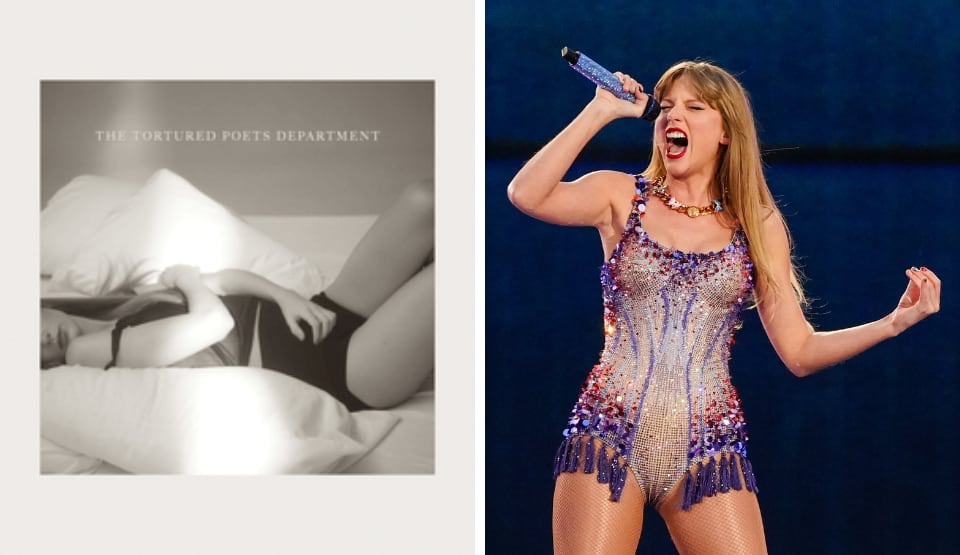
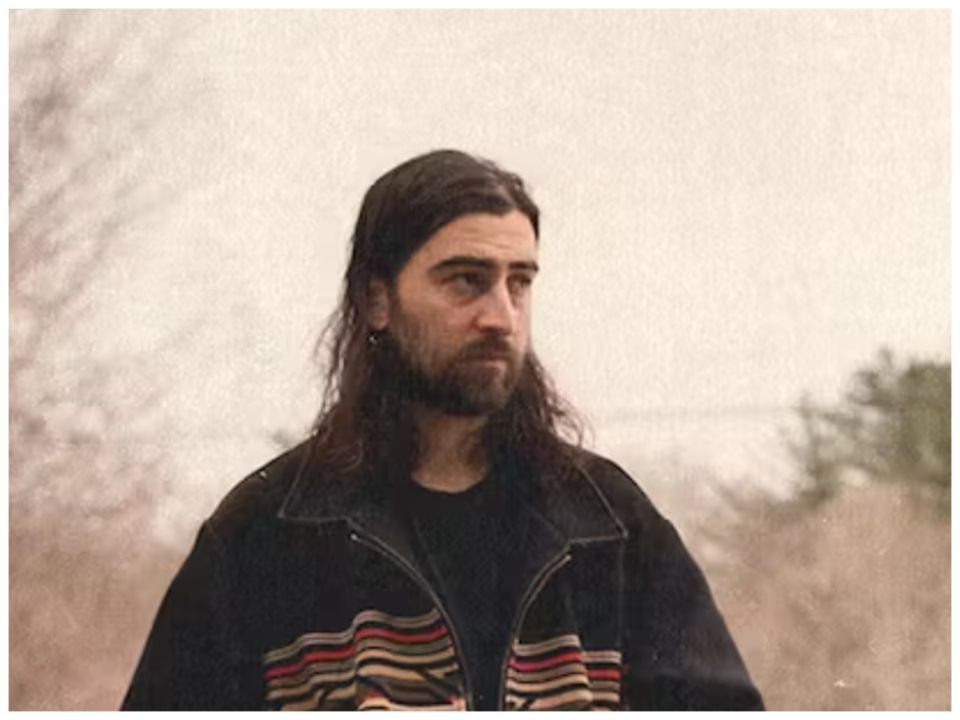
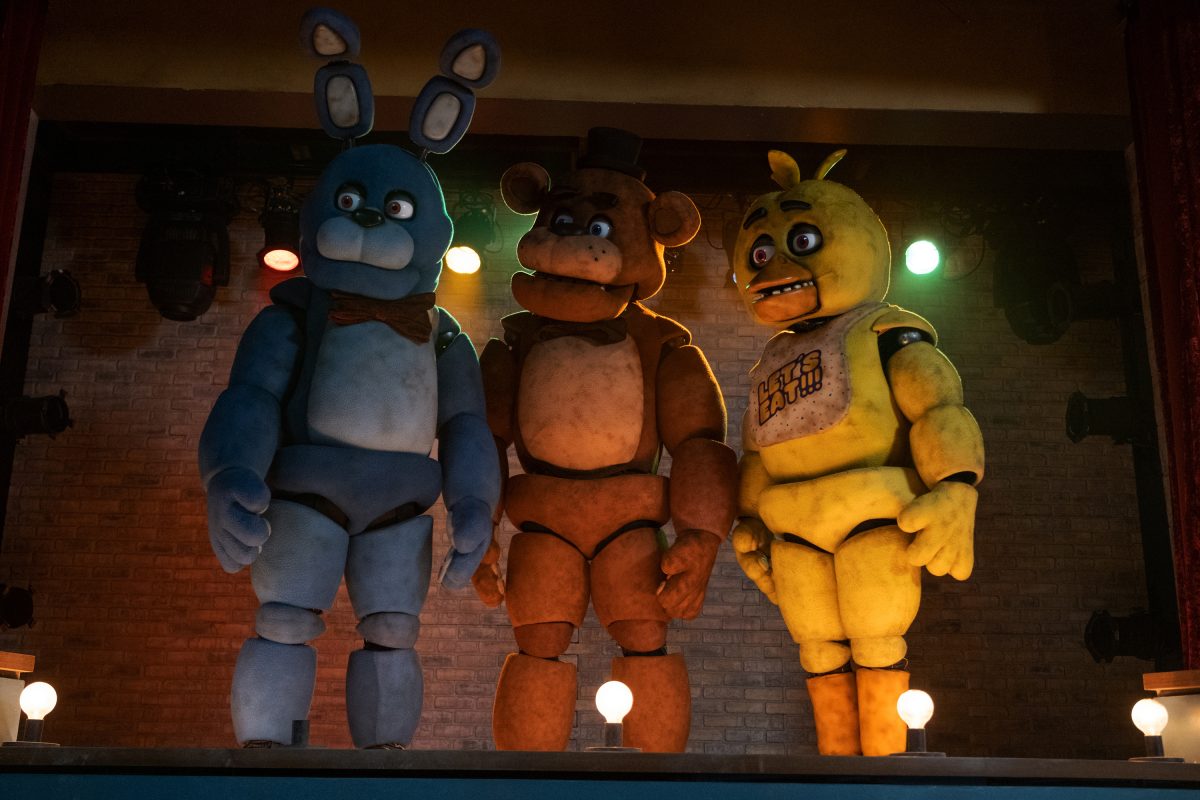

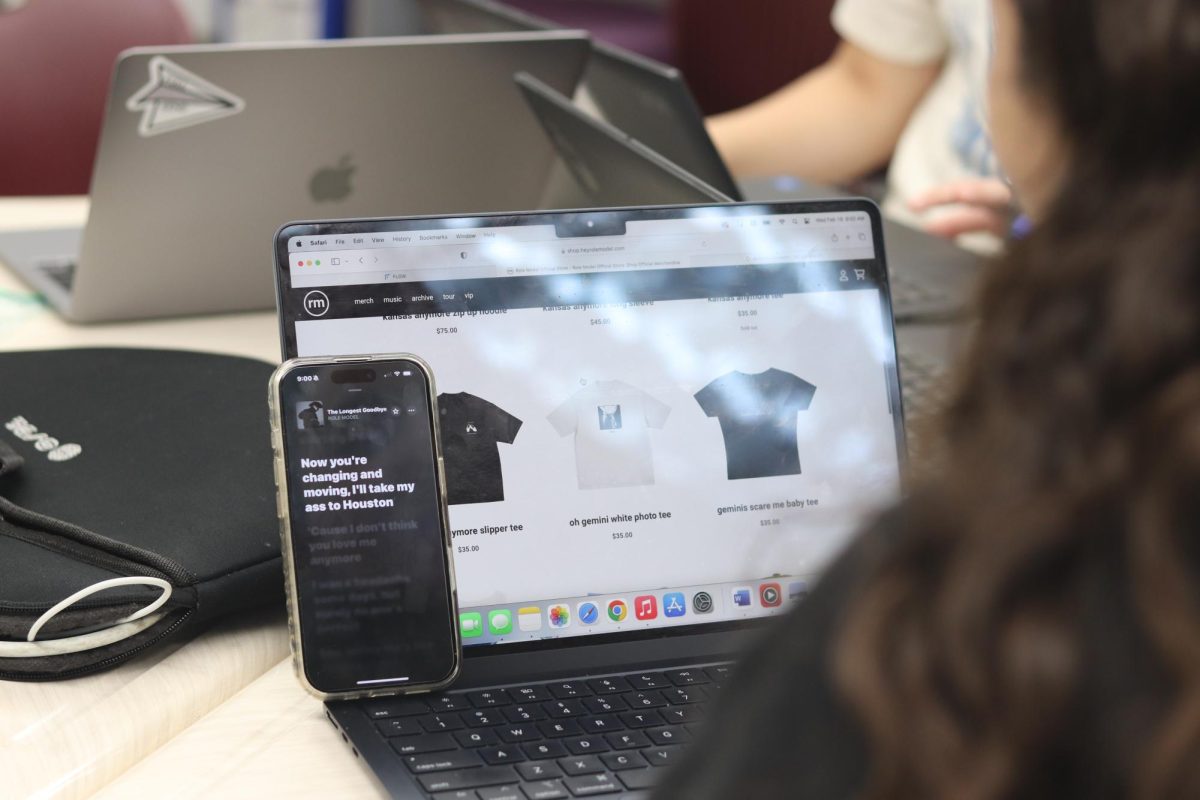




![[Review] ‘The Inheritance Games’ series warms readers’ hearts](https://eagleeye.news/wp-content/uploads/2025/01/Screen-Shot-2025-01-08-at-8.37.08-AM.png)

